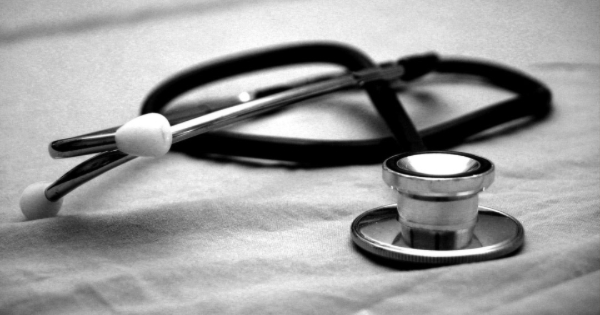
How to Choose the Best Medical Malpractice Attorney
May 30, 2019
Types of Lawyers and When You Should Get One
June 12, 2019In the U.S, the most common types of personal injury cases are auto accidents, medical malpractice cases, premises liability, product liability, and wrongful death claims. Each year, there are roughly 20,000 medical malpractice claims filed in the United States, making up roughly 15% of all personal injury cases filed annually. According to a recent study by Johns Hopkins, more than 250,000 deaths occur annually in the U.S. as the result of medical malpractice. This figure, calculated over a period of eight years, surpasses the CDC’s statistics surrounding respiratory disease, which kills close to 150,000 people per year and is the third leading cause of death in the United States.
According to the Washington Post, this study:
“…shows that “medical errors” in hospitals and other health-care facilities are incredibly common and may now be the third-leading cause of death in the United States — claiming 251,000 lives every year, more than respiratory disease, accidents, stroke and Alzheimer’s.”
In this article we will discuss in depth some of the leading causes of malpractice, and when you should hire medical malpractice attorneys or accident lawyers.
What is Medical Malpractice?
Medical malpractice is a term used to describe professional negligence by healthcare providers or facilities which result in injury or death. Medical malpractice occurs when a healthcare professional such as a doctor or nurse fails to take the appropriate action for a patient’s care or provides treatment that differs from the accepted standards of practice and that negligence causes harm, injury, or death.
Types of Malpractice
Medical Misdiagnosis
Misdiagnosis can occur with complex conditions such as tumors or masses inside of the body, simply because patients don’t always have a complete list of their symptoms. The misdiagnosis can be potentially life-threatening or fatal if the medical professional treats the wrong condition while the patient’s true condition worsens.
Negligence affecting pregnancy and childbirth
There is much that can go wrong during pregnancy and delivery. Some of the leading types of medical malpractice during pregnancy and childbirth are due to the following medical problems:
- Excessive and unexplained vaginal bleeding
- Surgical negligence during a C-section
- Nerve injury of the infant during labor
- Excessively long labor which results in injury to the mother or child
Mistakes prescribing and administering medication
This sort of malpractice occurs when the medical professional or pharmacy administers the wrong medication or the wrong dosage, resulting in the harm or death of a patient.
Surgical errors
The most common surgical errors are nerve damage due to negligence, failing to control blood loss, and leaving a medical sponge inside the body. Another example is when medical professionals administer a patient too much, too little, or the wrong type of anesthesia.
Hiring Malpractice and Accident Lawyers
When choosing malpractice attorneys and accident lawyers, it is important to ensure that you are choosing a lawyer who will do their due diligence in representing you and your family. It is important to develop a personal and professional relationship with your attorney and ensure that lines of communication are open between involved parties at all times. Your lawyer should also be available and responsive when you need them.
If you or a loved one have been injured due to medical malpractice, it is important that you seek legal representation. Accident lawyers and lawyers who specialize in malpractice know state laws, are trained to identify medical malpractice, and can help build your case. Accident lawyers and malpractice attorneys can also facilitate easier communication between yourself, medical facilities, doctors, and insurance agencies.





